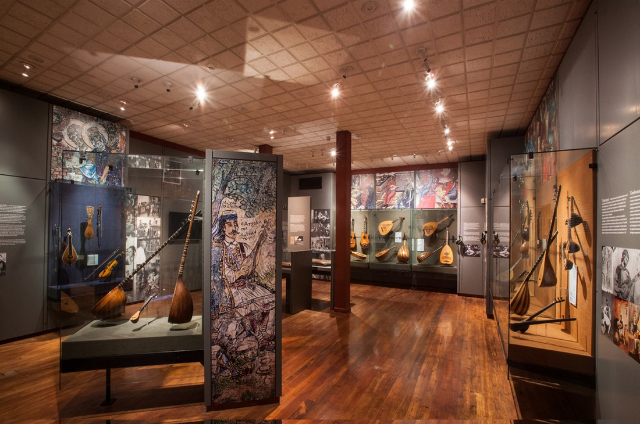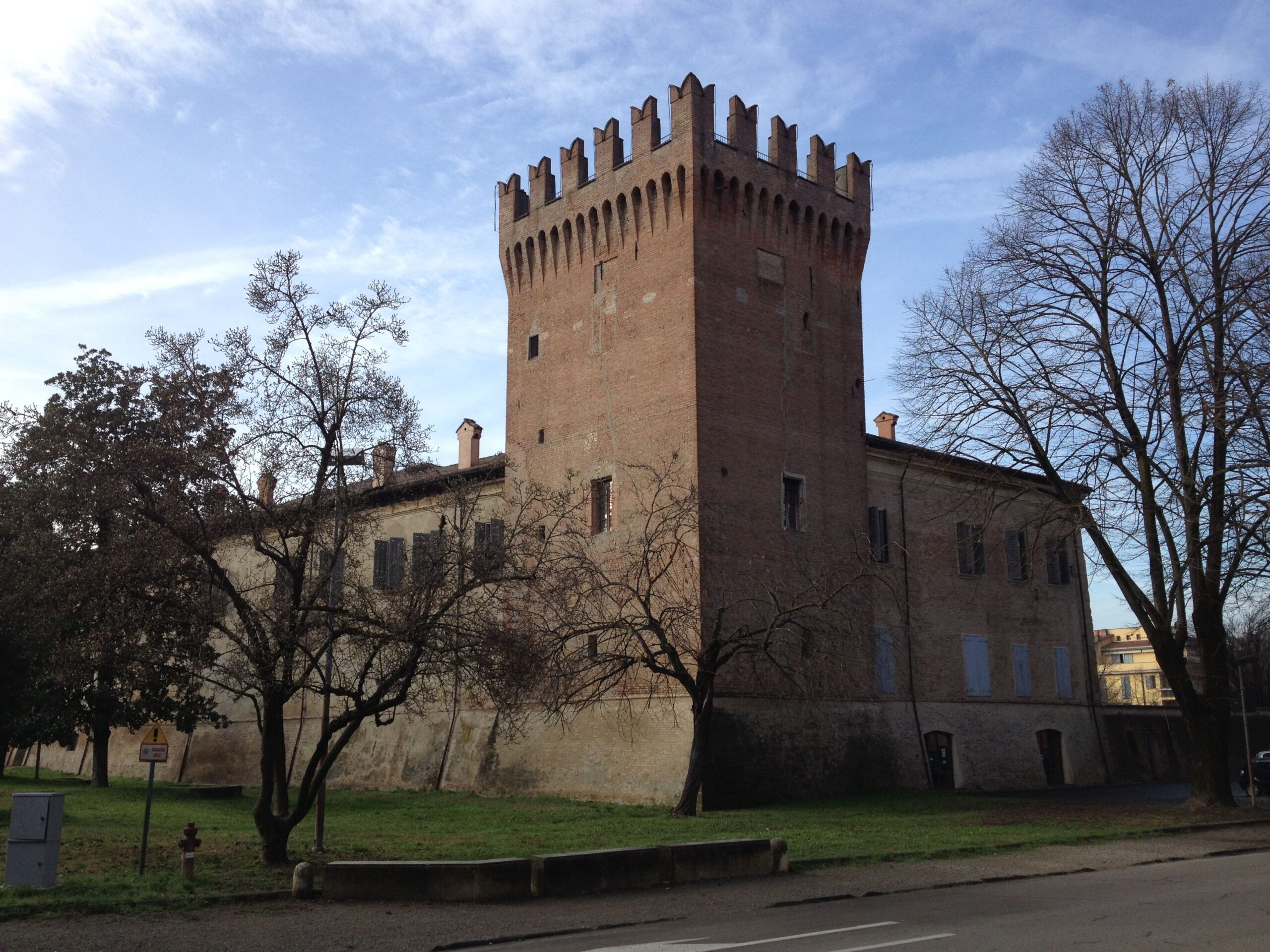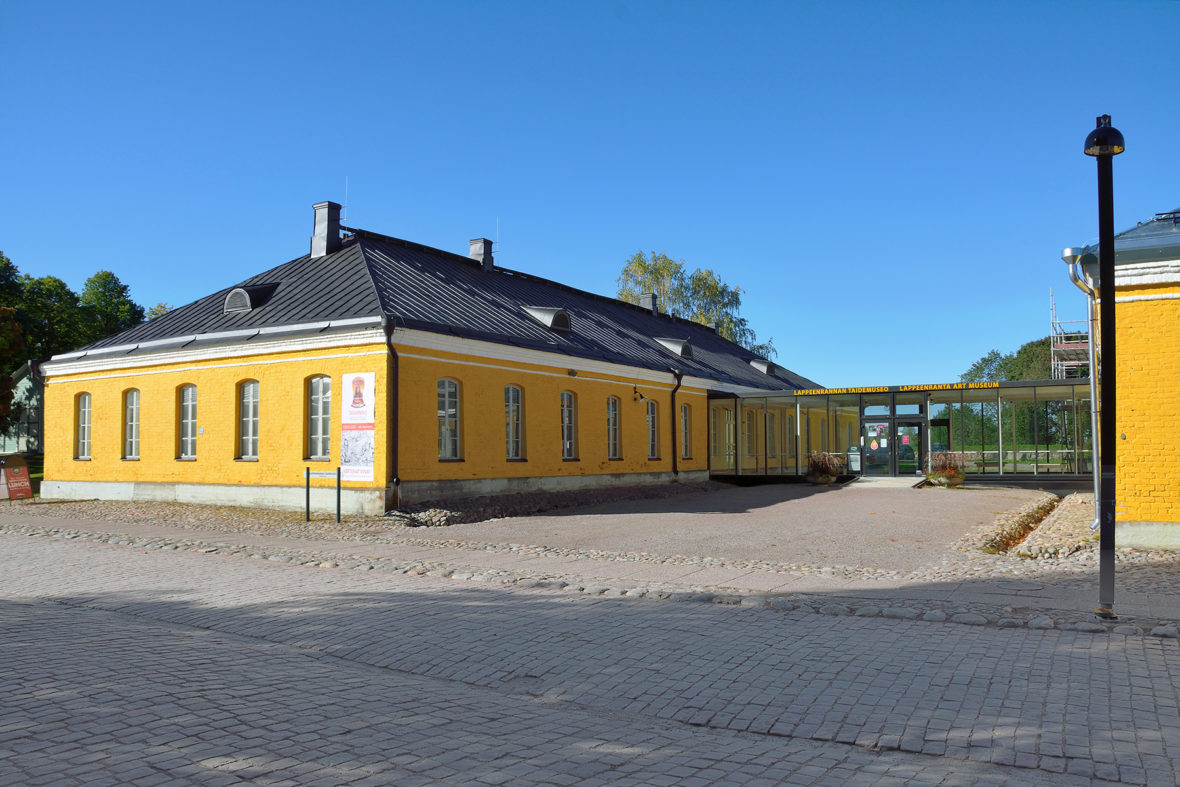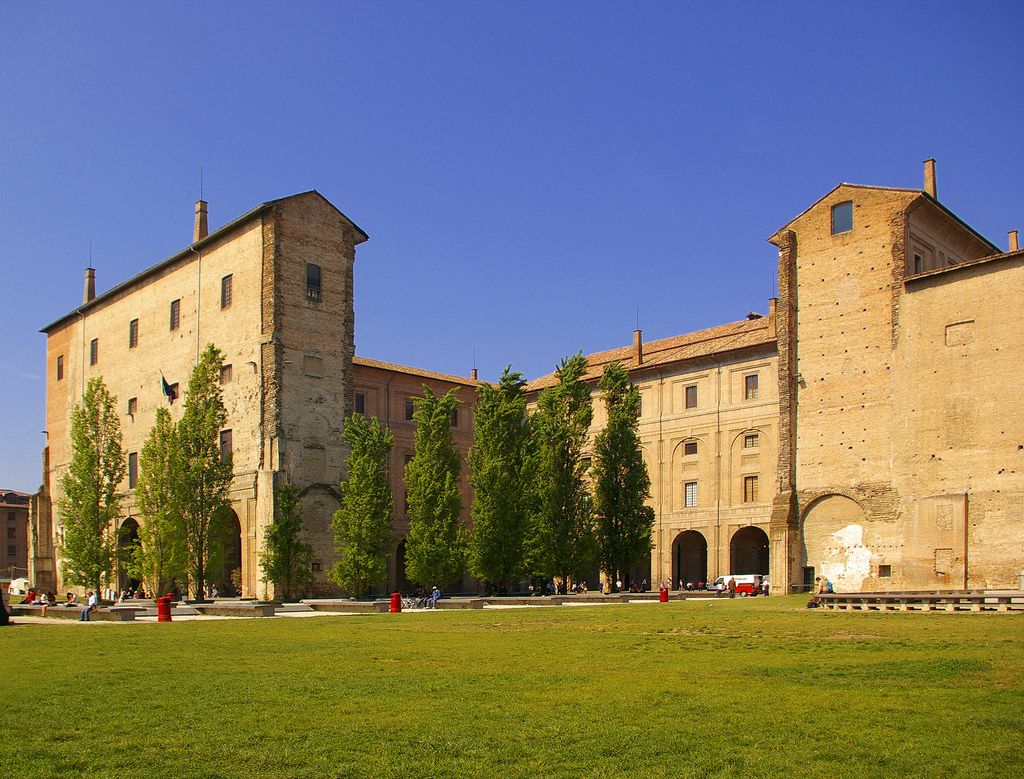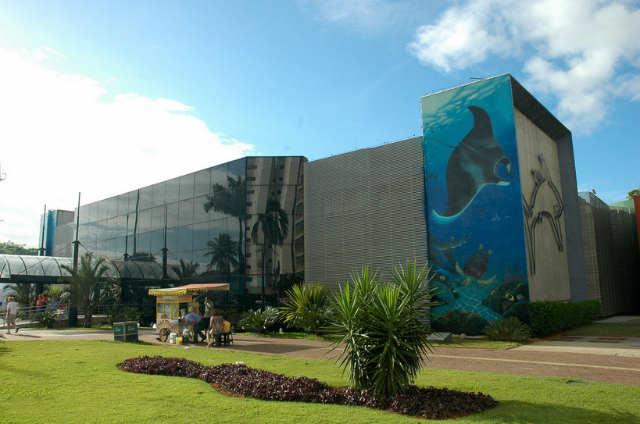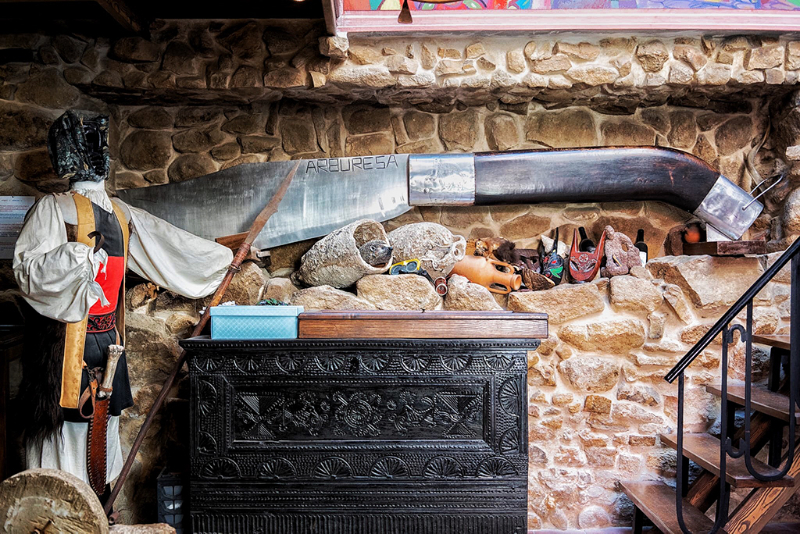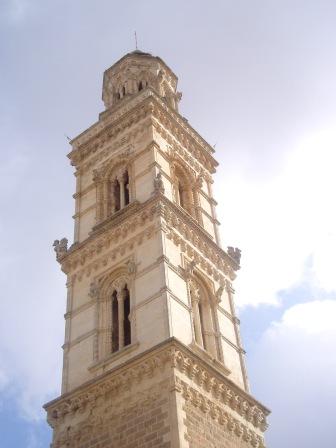“MELMOKE” stands for the Museum of Greek Popular Musical Instruments, which encompasses a collection of approximately 1200 Greek folk musical instruments spanning from the 18th century to the present day. This collection is the result of over five decades of research and study conducted by the renowned musicologist Fivos Anoyanakis. “MELMOKE” was established in June 1991 and operates as a public institution with support from the Greek Ministry of Culture.
The Museum is located within an ancient Athenian mansion constructed in 1842 by General Yiorgos Lassanis, a hero of the Greek War of Independence. It is situated in the Plaka district of Athens, adjacent to the Roman marketplace. Since 2018, “MELMOKE” has been designated as a Special Regional Service of the Ministry of Culture and Sports, thereby becoming one of the public museums in the country.
The selection of musical instruments for the collection was based on criteria that encompass not only their aesthetic and decorative value but, more importantly, their ethnological and musicological significance. The permanent exhibition is spread across three floors, organized into four sections, corresponding to the instrument categories recognized in ethnomusicology, determined by the material used to create sound: Aerophones, Membranophones, Chordophones, Idiophones, and Sound-producers.
The display is arranged by instrument type, accompanied by explanatory labels in both Greek and English. Adjacent to the display cases, visitors can find earphones that allow them to listen to musical examples showcasing the sound, musical range, playing techniques, and instrument combinations.
In addition to the exhibition space, the main building houses the reception area, the Director’s office, the secretariat, and the museum’s library, which was also donated by Fivos Anoyanakis. The second building has been converted into an annex that now accommodates the Research Centre, archives, storage rooms, a lecture hall, educational programs, and seminars, as well as the Museum shop. In the museum’s garden, Greek traditional music recitals are held.
The objectives of both the Museum and Research Centre, as outlined in the founding charter, encompass:
Collecting, preserving, and displaying Greek folk musical instruments and any materials contributing to the research, study, and promotion of Greek musical traditions.
Advancing research and study in the field of ethnomusicology, alongside the identification and dissemination of traditional music.
Preserving, studying, presenting, and promoting Greek folk and Byzantine musical traditions, both within Greece and internationally.
The primary mission of the Museum of Greek Popular Musical Instruments is to protect and disseminate traditional heritage through various activities designed for both adults and young visitors.
The museum conducts two parallel educational programs, one within the museum’s exhibition space and another in the lecture room. The first program, “Let us get to know the Greek folk instruments,” is designed for older children, while the second program, “When the flute sounds, history will begin,” is intended for younger participants.
A third educational program, “Bells, bells, magical sounds, music, and usefulness,” is centered on bells and their applications.
The Museum provides teachers with informational materials and suggestions to facilitate a better understanding of Greek tradition. Additionally, daily courses on musical instruments and traditional singing are offered within the Museum.
